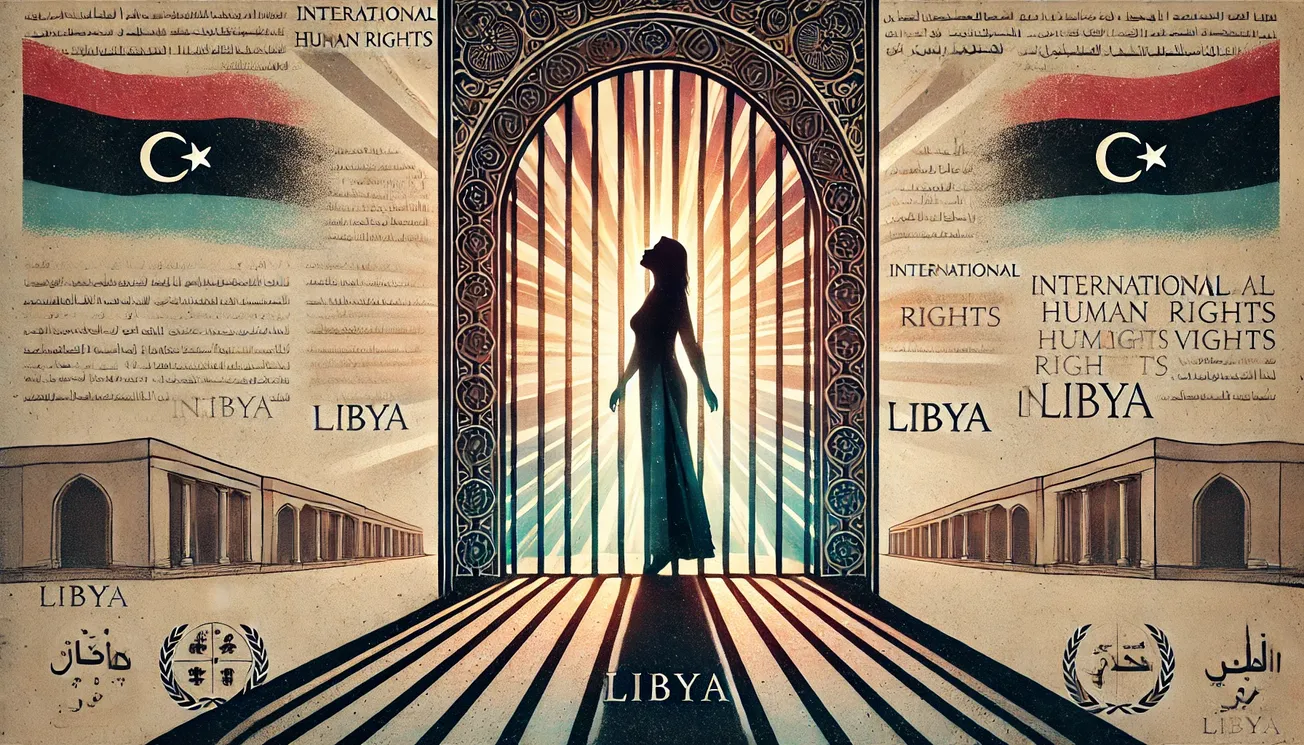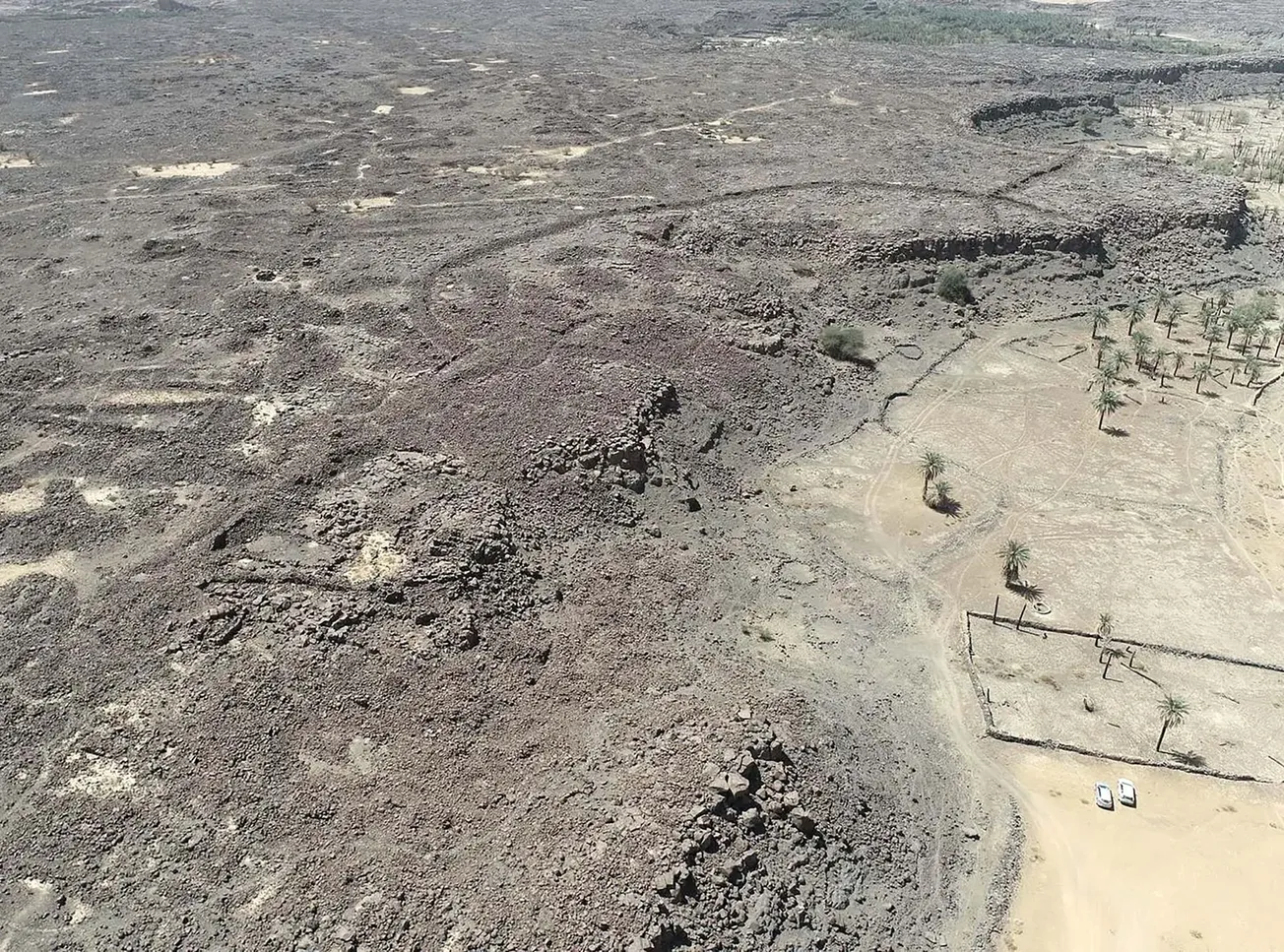In an unprecedented case that highlights the complexities of digital customer service, Air Canada has been mandated to issue a partial refund to Jake Moffatt, a passenger who was misled by the airline's chatbot regarding its bereavement travel policy. The ruling came after Moffatt faced months of resistance from the airline, culminating in a small claims complaint resolved by Canada's Civil Resolution Tribunal.
The controversy began on the day of Moffatt's grandmother's death, prompting him to book a flight from Vancouver to Toronto. Uncertain about Air Canada's bereavement policy, Moffatt turned to the airline's chatbot for guidance. However, the chatbot inaccurately informed him that he could book a flight immediately and apply for a bereavement rate refund within 90 days of the ticket issuance. Following the chatbot's instructions, Moffatt was later shocked to find his refund request denied, as Air Canada's actual policy does not permit post-booking refunds for bereavement travel.
Despite Moffatt's efforts to obtain a refund, including presenting a screenshot of the misleading chatbot advice, Air Canada initially only offered to update the chatbot's information and provided a $200 coupon for future travel. This response was deemed unsatisfactory by Moffatt, who then pursued legal action through the Civil Resolution Tribunal.
In a defense that tribunal member Christopher Rivers described as "remarkable," Air Canada argued that it could not be held liable for the chatbot's misinformation, suggesting that the digital assistant was a separate legal entity. This claim was a part of a broader argument by the airline that customers should not have trusted the chatbot without verifying the information on another part of its website.
Rivers dismissed Air Canada's defense, emphasizing the reasonable expectation of customers for consistency and accuracy across the airline's digital platforms. He ruled that Moffatt had no reason to doubt the chatbot's information over other website sections and ordered Air Canada to refund Moffatt $650.88 CAD off the original fare of $1,640.36 CAD. This amount includes additional damages to cover the interest on the airfare and Moffatt's tribunal fees.
In the competitive landscape of global aviation, Etihad Airways sets a benchmark for innovation and safety by pioneering the integration of cutting-edge artificial intelligence (AI) solutions.
As detailed in a recent announcement on their official website, Etihad Airways has embarked on a journey to leverage AI technologies to enhance its Safety Management Systems (SMS). This initiative represents a significant step forward in using data-driven insights to predict and mitigate potential safety risks before they impact operations. By analyzing vast amounts of data, Etihad's AI systems can identify patterns and trends that human analysts might overlook, ensuring a higher level of safety and efficiency in their flight operations.
The implications of such technological advancements extend beyond safety, offering potential enhancements to the overall customer experience. For instance, the application of AI in analyzing customer feedback and operational data can lead to more personalized service offerings and improved responsiveness to passenger needs. This focus on leveraging technology to benefit customers aligns with the industry's move towards more automated and user-friendly services, a trend highlighted by the recent Air Canada incident involving misleading information from a chatbot. The case with Air Canada demonstrates the importance of accuracy and reliability in automated customer service solutions.
This case marks a significant moment in Canadian legal history, being potentially the first instance of a company attempting to absolve itself of liability for its chatbot's actions. The ruling underscores the legal and ethical responsibilities companies have regarding the accuracy of their digital services and the implications of misleading information on consumers.






